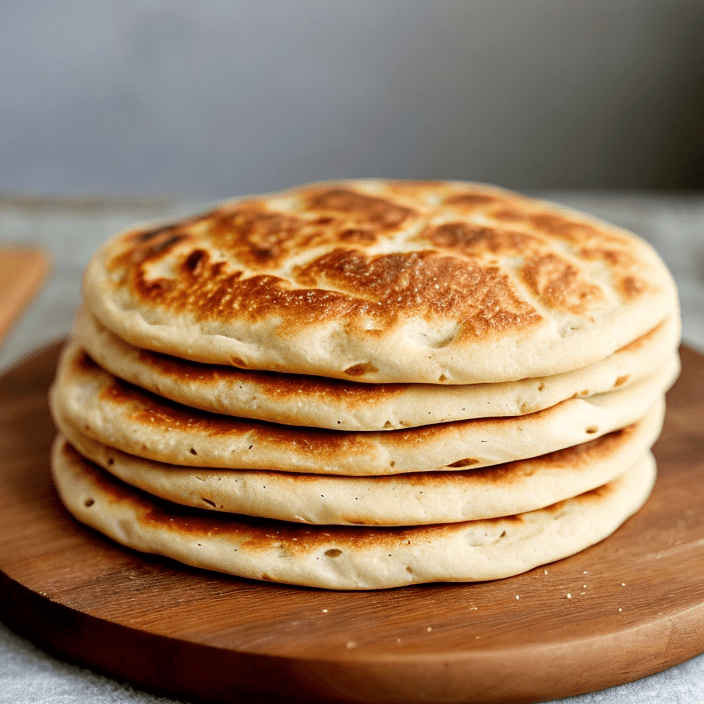Feast of Unleavened Bread: Commemorating Deliverance and Holiness

The Feast of Unleavened Bread holds significant importance within Hebrew-rooted Community, serving as a commemoration of deliverance and a call to embrace holiness. It is one of the appointed feasts prescribed in the Torah and is observed in remembrance of the Israelites’ exodus from Egypt. In this article, we will explore the significance of the Feast of Unleavened Bread, its relevance in Hebrew-rooted Christianity, and the transformative lessons it teaches believers.
The Origin and Observance of the Feast:
The Feast of Unleavened Bread is closely connected to the Passover celebration. It begins on the fifteenth day of the first month of the Hebrew calendar and lasts for seven days. During this time, participants are instructed to remove all leaven (yeast) from their homes and to eat unleavened bread, symbolizing the haste with which the Israelites left Egypt.
Symbolism of Unleavened Bread:
Unleavened bread carries symbolic meaning within the Feast of Unleavened Bread. It represents purity, humility, and the removal of sin from one’s life. The absence of leaven symbolizes the removal of pride, arrogance, and any corrupting influences that can hinder one’s spiritual journey.
Lessons Learned from the Feast:
- Deliverance: The Feast of Unleavened Bread serves as a reminder of Yehovah’s deliverance. Just as the Israelites were delivered from slavery in Egypt, believers are called to remember and celebrate their own deliverance from the bondage of sin through the redemptive work of Yeshua HaMashiach.
- Holiness and Sanctification: The removal of leaven during the Feast highlights the call to embrace holiness and sanctification. Believers are encouraged to examine their lives, identify areas of spiritual impurity, and strive for a lifestyle that aligns with the principles of Yehovah’s Torah.
- Humility and Dependency on Yehovah: The observance of unleavened bread cultivates humility and dependence on Yehovah. Just as unleavened bread is simple and unadorned, believers are called to approach Yehovah with humility, recognizing their reliance on Him for sustenance, guidance, and spiritual nourishment.
- Communal Unity: The Feast of Unleavened Bread encourages communal unity and fellowship. Believers are called to come together in celebration, supporting and encouraging one another in their spiritual journey, and strengthening the bonds of community.
Application in Hebrew-Rooted Christianity:
Hebrew-rooted believers commemorate the Feast of Unleavened Bread as a time of reflection, repentance, and renewed dedication to a life of holiness. It serves as a reminder to continuously examine one’s heart, remove spiritual impurity, and cultivate a lifestyle that reflects the character of Yehovah.
Practical Observance:
The practical observance of the Feast of Unleavened Bread may vary among Hebrew-rooted believers. It involves the physical removal of leaven from one’s home, the consumption of unleavened bread, and engaging in communal gatherings for worship, study, and fellowship. Each believer determines the level of observance based on their understanding and conviction.
Conclusion: Embracing Deliverance and Holiness in the Feast of Unleavened Bread
The Feast of Unleavened Bread holds significant meaning within Hebrew-rooted Community, commemorating deliverance from bondage and calling believers to embrace holiness. It serves as a time of reflection, repentance, and renewed dedication to a life free from spiritual impurity. As Hebrew-rooted believers, let us embrace the transformative lessons of the Feast of Unleavened Bread, cultivating humility, unity, and a deepened commitment to a life of holiness and obedience to Yehovah’s commands. May the observance of this feast continually remind us of our deliverance and our call to walk in righteousness and faithfulness.

